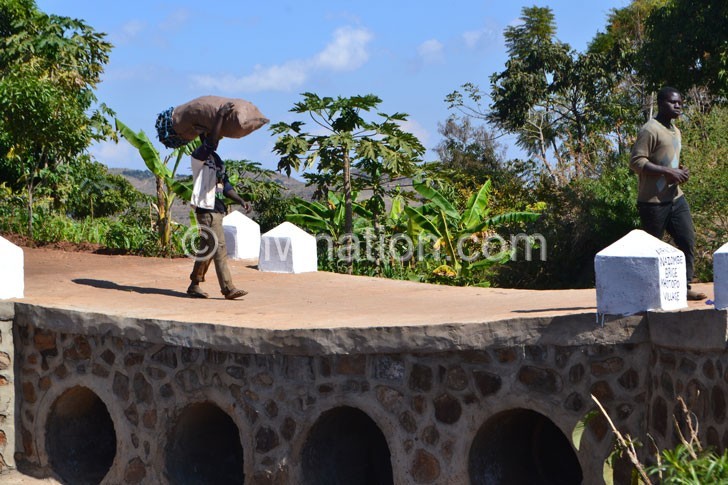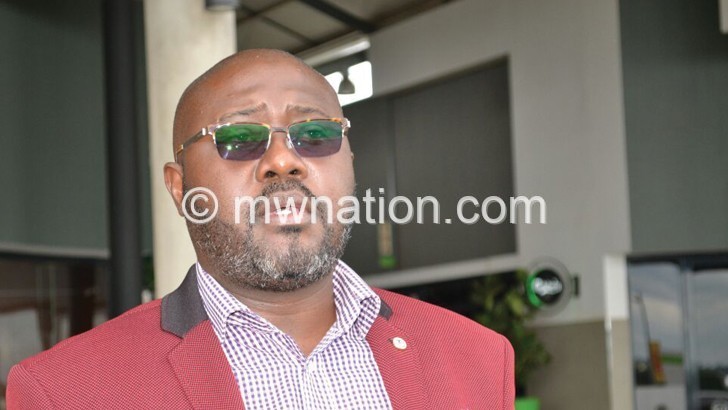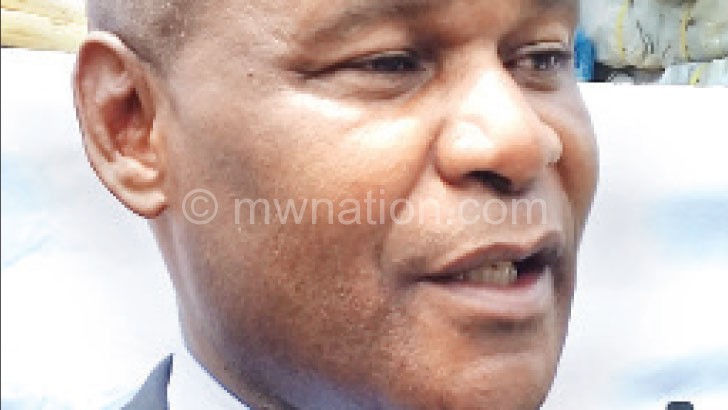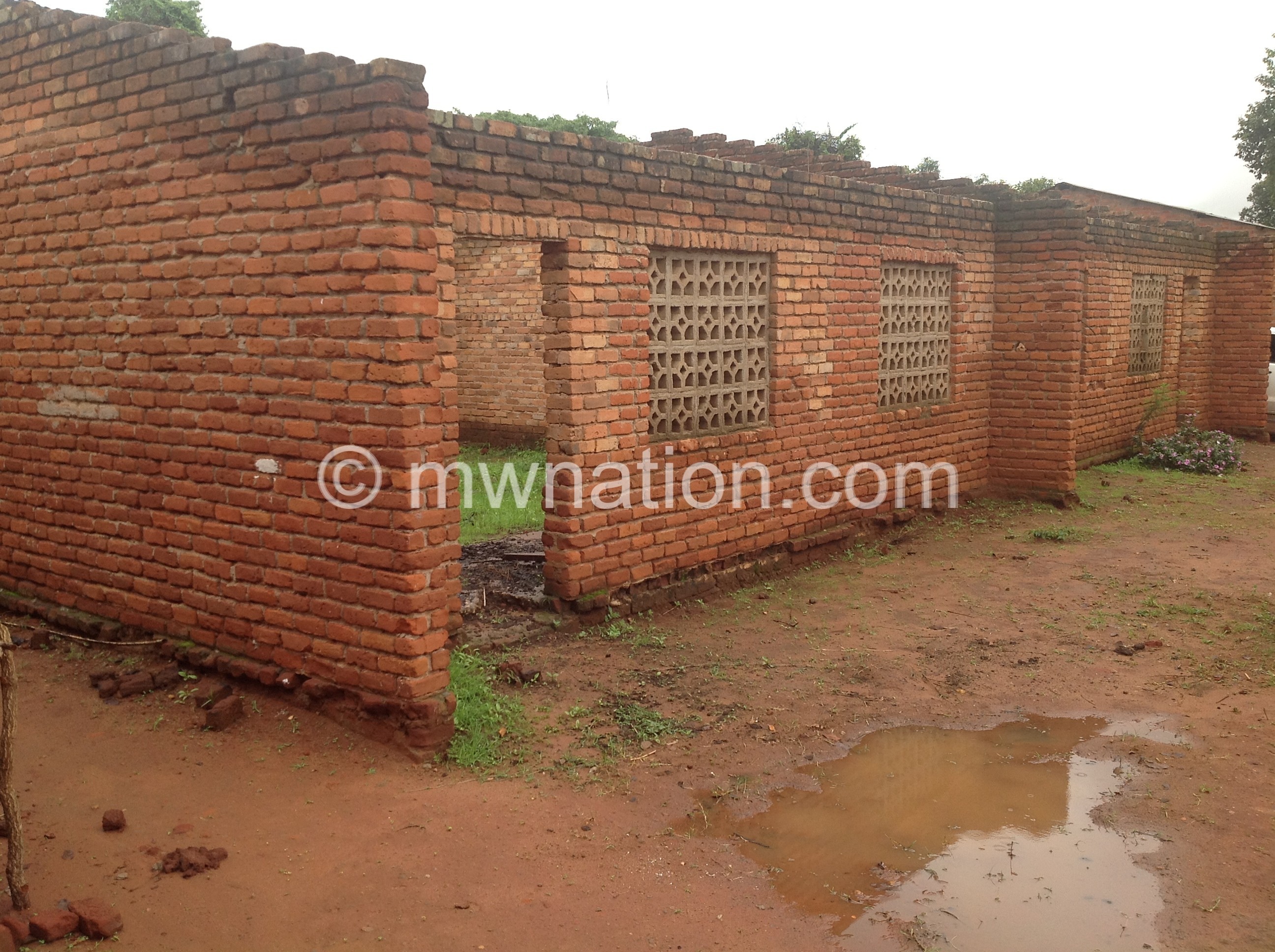How MPs abuse CDF
They draw money from the Constituency Development Fund (CDF) and ‘spend’ it on projects that never exist.
Sometimes they even point at projects done by donor agencies or non-governmental organisations (NGOs) and falsely proclaim they built them using CDF.

When it takes their fancy, they—members of Parliament (MPs) that a Treasury audit says have abused CDF—exaggerate prices of goods procured.
Sometimes the MPs make do with shoddy work or give contracts to their relatives without due process.
The audit report by the Central Internal Audit Unit in the Ministry of Finance, Economic Planning and Development dated June 15 2017, shows that out of K1 billion of CDF money that councils used in the 2014/15 and 2015/16 financial years; around K80 million was unaccounted for.
That amounts to eight percent of the sampled amount, which the audit report says is above the five percent predefined audit threshold for potential abuse.
The report names 14 councils—Chitipa, Karonga, M’mbelwa, Nkhotakota, Dowa, Lilongwe, Ntcheu, Mangochi, Machinga, Chiradzulu, Chikwawa, Nsanje, Neno, and Lilongwe City—as having been involved in the abuse of CDF funds.

Ghost projects, dubious procurement, over-pricing and substandard works were used to abuse CDF, the audit’s findings show.
For example, six councils claimed to have undertaken 33 projects that did not physically exist.
While some may have existed, the report says the audit established that the projects were funded by other agencies or partners and not CDF resources as it was indicated on payment records in councils.
The report also states that “goods or services procured from MPs’ relations and procurements were made by MPs instead of councils’ respective internal procurement committees [IPCs]”.
It reads: “Most of the procurements were made without the approval of [IPCs], which was a contravention of Public Procurement Act [PPA] of 2003.”
In some cases, found the report, project materials were procured, but not physically available in project sites and there was no maintenance of stores registers.

The report also says project monitors from councils failed to watch projects due to administration funding that is a fraction of the allocation as some MPs clung to the whole amount.
MPs also sidelined area development committees (ADCs) in project identification and initiation, which is one of the key elements in CDF guidelines
CDF ballooning budget
CDF—ideally a tool for parliamentary involvement in community level projects within the decentralisation rubric using earmarked public funds under the MP’s influence—has become so popular among legislators that they are ready to blackmail the country to secure higher allocations for it every fiscal year.
Last year, for example, MPs rejected a K51 billion allocation to the National Local Government Finance Committee (NLGFC) as a bargaining chip in their push for more than 100 percent increase to CDF.
CDF is a budget line within the NLGFC vote.

Funding under the committee, which disburses resources to the local authorities, also carries the hopes and dreams of the poor as it finances councils’ budgets that deliver projects and services to communities.
MPs had demanded that Finance, Economic Planning and Development Minister Goodall Gondwe more than double CDF from K12 million to K25 million.
That would have pushed CDF budget from roughly K2.3 billion in the previous fiscal year to around K4.8 billion for all the 193 constituencies.
When Gondwe said such a demand was not fiscally feasible, MPs torpedoed the NLGFC vote, which would technically have meant a rejection of the whole budget.
After haggling, MPs forced out K18 million per constituency from Gondwe, bringing the bill to around K3.5 billion; thereby adding K1.2 billion to the deficit.
Using this ransom tactic, legislators have pushed up CDF from K3 million per constituency on inception in 2012/13 or K579 million per year for 193 MPs to K23 million per constituency or K4.4 billion this year.
That translates to a 666 percent jump over the past six financial years.
But given that they were pushing for K30 million per constituency this year, the legislators may not be done, especially now that their re-election is just two years away and need CDF to shore up their political base with micro projects.
System versus reality
CDF guidelines identify the district commissioner (DC)/chief executive officer (CEO) where applicable as a controlling officer (CO).
The guidelines charge the CO with the responsibility of putting in place policies and procedures that would ensure compliance with the PPA, including buying of project materials and identification of a contractor.
An MP—working with appropriate local development structures up to the area development committee—identifies a project and submits the requirements to the local authority (LA) for the preparation of a bidding document and identification of the supplier and/or contractor.
Then, the procurement unit (PU) of the LA—through its IPC—issue a bidding document to potential bidders using laid down procurement method(s) proceeds to evaluate the submitted bids and award a contract to the successful bidder.
This would depend on the estimated amount of funds to be used in reference to the procurement thresholds set by the Office of the Director of Public Procurement (ODPP) from time to time.
However, Weekend Nation has learnt that most MPs tend to overrule and bypass the controlling officer.
An official at one of the councils named in the audit report told Weekend Nation on Wednesday that most COs fear political repercussions, especially when the MP is from the ruling party.
The official said some MPs collect goods from a preferred supplier for a designated project in their constituency.
Thereafter, the MP brings the quotations, delivery notes and invoices for the collected goods to the LA for payment processing.
In some cases, some MPs instruct their respective LAs to buy goods meant for the projects in their respective constituency from the legislators’ preferred suppliers.
“This clearly shows that some MPs perform the functions of the both the PU and IPC,” he said.
PAC demands answers
In an interview on Tuesday, Public Accounts Committee (PAC) of Parliament chairperson Alekeni Menyani said his committee will take to task DCs that allowed misappropriation of CDF funds to explain and account for the lost money.
“DCs are custodians and controlling officers of each and every funding at district level. CDF does not go into MPs’ personal accounts, and it is the responsibility of the DCs to account for such money,” he said.
Menyani said his committee wants each and every tambala of taxpayers’ money to be accounted for regardless of who the culprits are.
But Bester Mandele, DC for Machinga, which is one of the councils mentioned in the audit report—said in a telephone interview on Friday that it is MPs who are the problem and government must take action against them.
Said Mandele: “We need serious action on this matter from government to set a precedence. Much as I was not at this council in the financial years under review, I know that CDF is the most abused basket by MPs. You find MPs bringing quotations and invoices even when council has not seen the goods or services. This is against laid down government procedures.
“But when a DC tries to stop them, some MPs report you to the ministry [of Local Government and Rural Development], [smearing] you with false allegations. The problem is that the ministry does not investigate these claims to determine where they are coming from.”
Mandele emphasised that CDF is a public fund and should be administered using government procedures and not at the dictates of parliamentarians.
Malawi Economic Justice Network (Mejn) executive director Dalitso Kubalasa faulted government for lack of audits of CDF funds.
“There are serious compliance issues and no effective monitoring mechanisms, apart from the ones being instituted rather in a more ad hoc manner by civil society,” he said.
Kubalasa recommends full council’s involvement in the CDF projects’ funding.
“The ring-fenced monitoring budget line will, therefore, importantly go a long way towards reinforcing the much needed quality results-oriented development projects that have been so elusive thus far,” he said.
Audit recommendations
The audit—done to identify control weaknesses in CDF management—has since recommended structural and operational changes in the management of the fund. For example, the report recommends that funds should be approved by full councils as is the case with other projects that are financed by other development funds so as to enhance transparency and minimise creation of ghost projects.
It further recommends that the administration component of CDF should be ring-fenced to enable DCs to monitor the projects, and that councils should oversee management of the funds.
“Councils should address the findings as a matter of urgency, including the recovering of all the funds that were not used for the intended purposes and that Treasury should withhold subsequent funding of CDF to councils that will not demonstrate commitment to addressing the audit findings,” reads some of the recommendations in the audit report. n
—Additional reporting by Archibald Kasakura.





